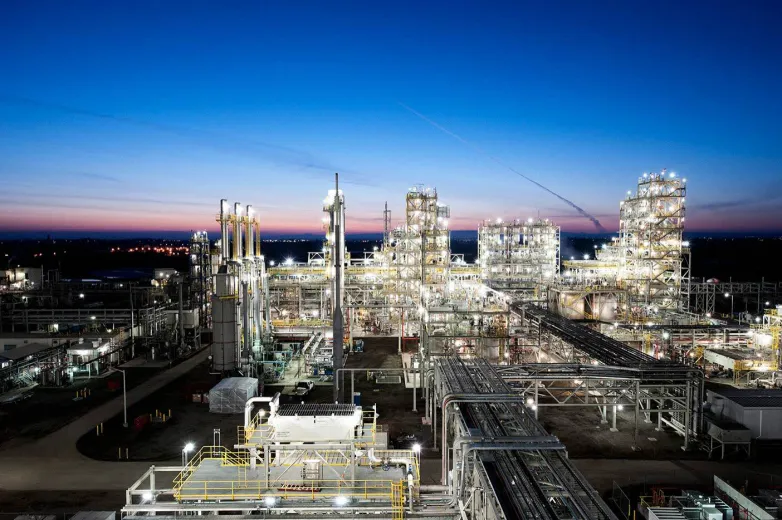REC Silicon progressing towards 2023 Moses Lake reboot as Biden plan agenda includes weight to organization case
- REC Silicon said it is remaining to work towards a restart of procedures at its Moses Lake polysilicon manufacturing facility in the United States, with the firm buoyed by current plan campaigns introduced by US President Joe Biden.

Talking about the Norway-headquartered firm's Q2 2021 outcomes, CEO Tore Torvund said the business is checking out opportunities created by the president's renewables program which might include further weight to a restart of REC Silicon's fluidised bed reactor (FBR) technology.
"A United States solar value chain will certainly support the change to renewable resource, create high-paying manufacturing jobs in the United States as well as lead to the reactivate of the REC Silicon Moses Lake center," Torvund said.
And also in a teleconference with analysts complying with the results disclosure, Torvund claimed the business was still functioning to restart production at Moses Lake in 2023-- some four years after the center was shuttered in 2019-- but worried this was dependent on REC Silicon protecting sales in the area, either for solar-grade polysilicon or silicon anodes.
Throughout the investor presentation, REC Silicon emphasized the benefits of its FBR method, and specifically the outcomes of its FBR-B technology that has been used to produce solar-grade polysilicon within the firm's joint endeavor in Yulin, China, itself a 20,000 metric tonne facility. REC Silicon stated the FBR-B method postured numerous benefits over the Siemens process, consisting of decreased energy consumption, and the firm approximates it might run facilities with around one-third of the workforce required to run a center making use of the Siemens method.
REC Silicon would certainly look to update around half of the FBR-An activators at Moses Lake to FBR-B at a cost of around US$ 40 million, Torvund said.
But this would be contingent on the production of a market for polysilicon outside of China, and also specifically the US, which has been almost stopped because of trade assents relating to the product.
REC Silicon kept in mind that in spite of centers in the United States having the capacity to generate polysilicon for around 10GW of solar components, there is currently no polysilicon being generated due to the fact that there is no access to ingot or wafering capability in the nation. Nearly all ingot and wafering ability exists in China, which has an additional ripple effect on US solar manufacturing chains, as stood for in the listed below slide made use of in REC Silicon's discussion.
Torvund continued to aim in the direction of recent policy campaigns in the United States that have actually been announced as well as proceeded under President Biden, including both an extension of the investment tax credit rating (ITC) to aid stimulate solar installations, and a potential manufacturing tax obligation debt recommended by Democrat legislator Jon Ossoff last month.
That tax obligation credit history, proposed to be enshrined within the Solar Energy Manufacturing for America Act, would certainly provide tax obligation credit reports for every unit of product or part generated at centers in the United States. Under Ossoff's proposals solar-grade polysilicon would obtain a tax obligation credit of US$ 3 per kilogramme, with additional credit reports offered for wafers, cells as well as modules produced inside the United States.
Those incentives would certainly be readily available until completion of 2028 prior to being slowly phased out till 1 January 2031.
Torvund stated the campaigns "make good sense" offered the United States' passions to decarbonise its economy, however it is expected that the Ossoff propositions will not continue in their present role, as well as are more likely to be thinned down to end up being a much more simple tax debt available on financial investments made in facilities, as opposed to repayments on a per-unit basis.
Also read
- CNNP Optoelectronics brings utility-scale perovskite modules out of the lab
- Sunkind Partners with JA Solar for Major Indian PV Expansion
- Boric-acid interface pushes all-perovskite tandem cell efficiency to 28.5 %
- GCL Fires Up World’s First GW-Scale Perovskite Tandem Line Factory
- LONGi, Pertamina Partner for Indonesian Solar Factory
